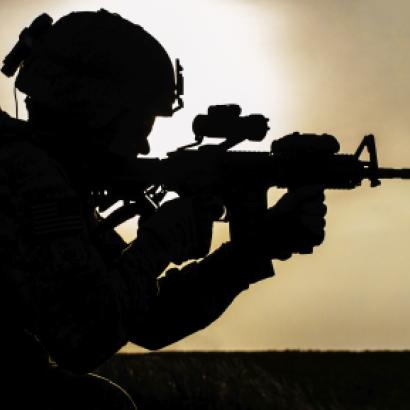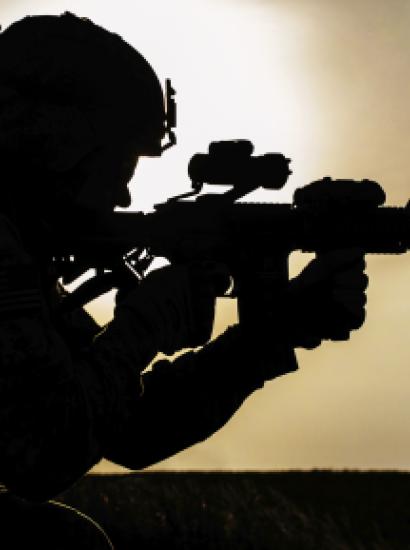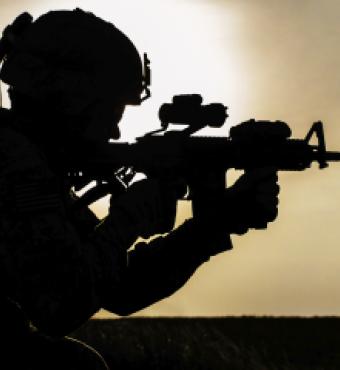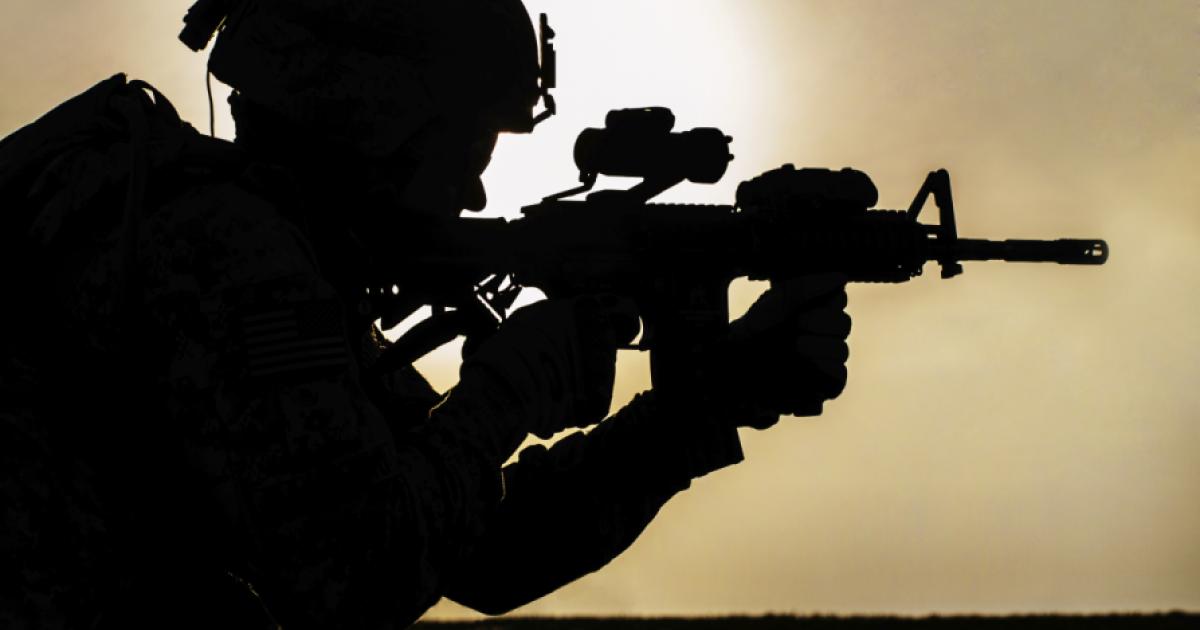- History
- Military
It is manifest of our crazy times that the editorial board of Strategika has even posed this question (“Are there new dangers of the military bifurcating along ideological grounds, between traditionalists and those who wish to update military protocols to accommodate social and political agendas?”). Generals who focus upon the social and political agendas should transfer to the Department of State. The traditional role of the military is to be capable of winning wars. War is the act of killing and destroying until the adversary agrees to your terms. War begins after the employment of soft power has failed to achieve the desired social and political agendas.
Unfortunately, those at the top of the military over the past decade have succeeded in neutering the “traditionalists.” Senior officers utter as dogma the banality that “wars are not won by killing.” Generals like U.S. Grant or Patton need not apply. Indeed, the commander most admired by the troops for his unflagging leadership and ferocity in battle—General James Mattis—was forced into early retirement.
We are in our second decade of an irregular war. In the forward to the field manual for irregular/counterinsurgency war issued by Army General David H. Petraeus and Marine General James F. Amos, they wrote: “Soldiers and Marines are expected to be nation builders as well as warriors."1 Nation-building required focusing upon social and political agendas. In The Endgame, authors Gordon and Trainor lay out the astonishing degree to which our generals concentrated upon politics.2 Yet in Iraq and Afghanistan, our military failed to build democratic nations.
We do not have a coherent war-fighting strategy. Only our Special Operations Forces are expected to kill the enemy. Our conventional forces are expected to be advisers and community organizers. This is a military bifurcation that does not make sense.
[1] 1The U.S. Army/Marine Corps Counterinsurgency Field Manual (Chicago: University of Chicago Press, 2007), p. xlvi.
2Michael R. Gordon and General Bernard E. Trainor, The Endgame: The Inside Story of the Struggle for Iraq, From George W. Bush to Barack Obama (New York: Vintage Books, 2013).
















